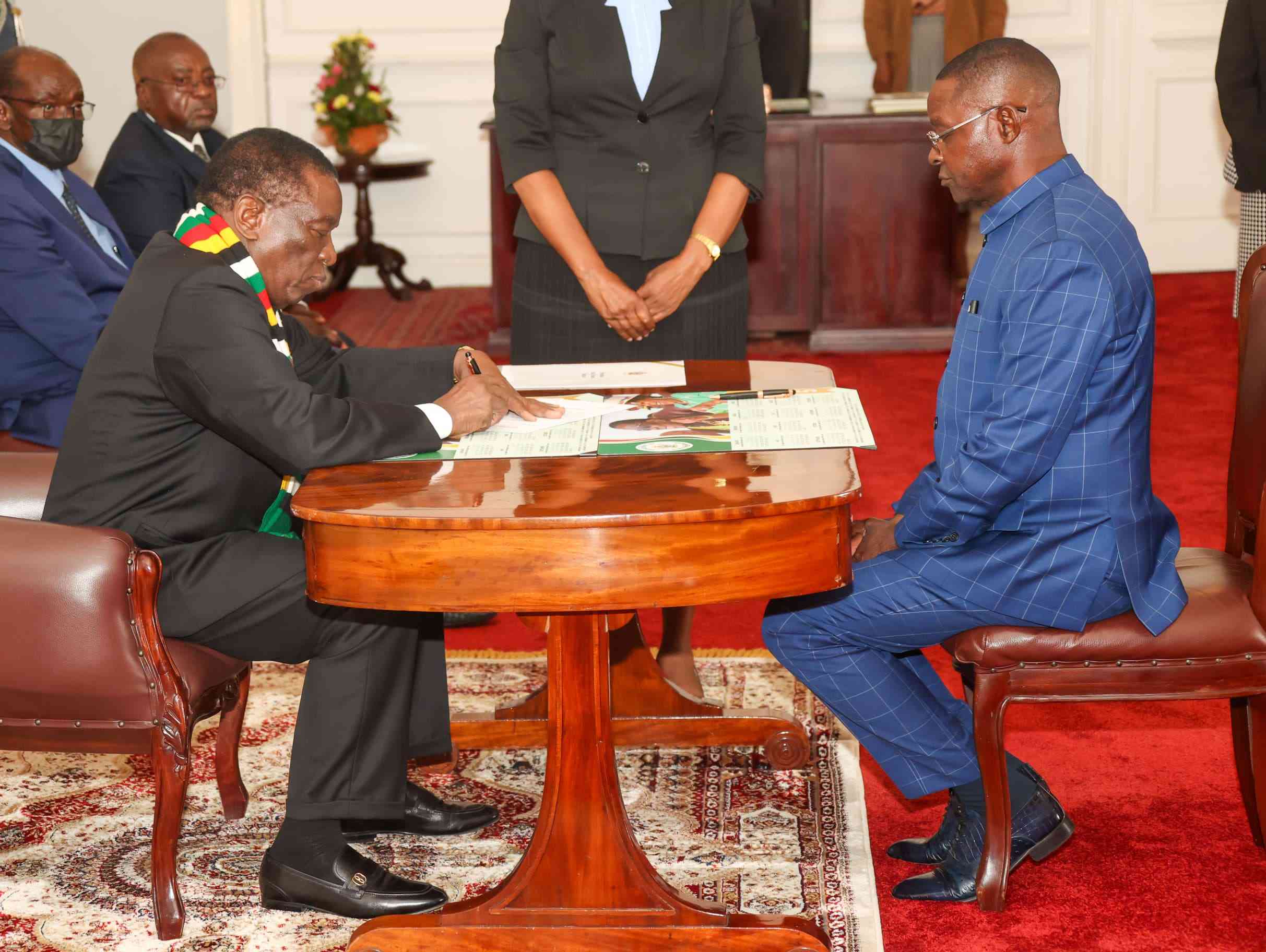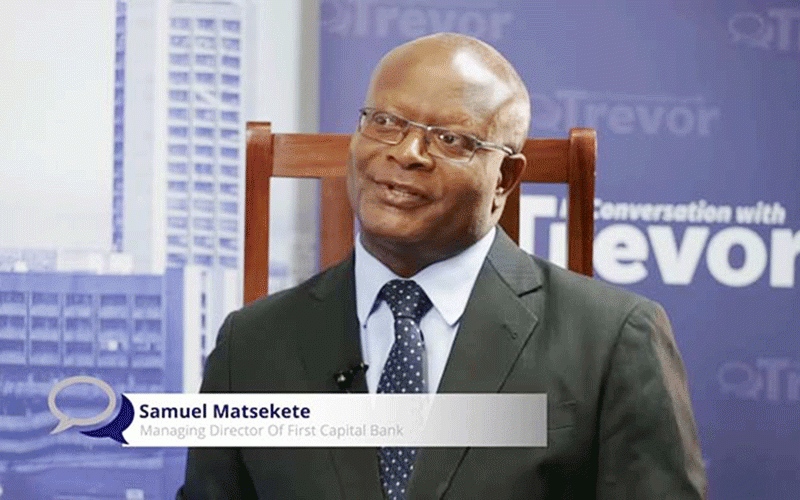SEVERAL schools across the country are demanding fees exclusively in United States (US) dollars owing to rising inflation, a development that has left parents and guardians in quandary ahead of schools’ opening on Monday.
This comes despite that the majority of parents and guardians are earning exclusively in the local currency.
Government gave the greenlight for schools to peg fees in US dollars and that the same be payable in local currency at the prevailing interbank rate.
However, some schools are demanding fees exclusively in hard currency, while others are giving parents and guardians an option to pay half of the fees in local currency and the other half in US dollars.
Yesterday, government said it would deregister schools which refuse to comply with its directive that they should accept the local currency equivalent of the US dollar fees, failure which the Zimbabwe Anti-Corruption Commission would be unleashed on them.
Confusion rocked the market as some schools were using parallel market rates of up to $1 000 against US$1, while the official rate is at $547:US$1.
Keep Reading
- Forex demand continues to fall
- USD fees: Govt policy failure hurting parents
- Prices continue to skyrocket
- Govt pleased with teacher turnout, but ...
Information gathered by NewsDay showed that some schools have since suspended their local currency accounts, leaving parents with no other option but to pay in foreign currency.
A circular dated August 12, 2022 from one school (name supplied) read: “We are very thankful for the constructive deliberations we had. We can conclude that most parents have agreed on paying fees in United States dollars. Those who may need more clarity, you can contact the head.”
A circular from another school (name supplied) read: “How are (you) parents? Following our successful EGM [extraordinary general meeting], it was resolved that the current levy should remain at RTGS15 000 or US$30 at today’s interbank rate. Parents are encouraged to pay in USD to enable a smooth running of school operations and a nostro account was opened to this effect. You can pay from Monday August 22.”
Contacted for comment, Primary and Secondary Education ministry spokesperson Taungana Ndoro said: “Schools that continue to defy government policy risk deregistration, while the culprits risk being prosecuted by the Zimbabwe Anti-Corruption Commission.
Progressive Teachers Union of Zimbabwe secretary-general Raymond Majongwe said there was chaos in pegging school fees which had been influenced by poor government policies.
“Schools have dollarised, just like what the economy has literally done,” Majongwe said.
“This actually exposes the government (for) its policies on currency. Government is refusing to acknowledge that the economy has dollarised when all other public institutions are demanding foreign currency. The whole education system is in jeopardy. Unless the government accepts that the Zimdollar is not working, we are doomed.”
Zimbabwe National Union of School Heads secretary-general Munyaradzi Majoni said schools that were charging in US dollars had applied for permission from government and received approved.
“Government requires schools to apply first for them to be able to peg fees in US dollars,” Majoni said.
“So what it means is that only schools that have been approved by the government can charge in United States dollars, payable in local currency. The problem is on the issues of government inconsistency on policies, where sometimes the directives are not clear and leave the school heads guessing on what they should do, especially given the hyper-inflationary (environment) that we are experiencing.”





